Parents: Eight Things Your Child Needs From You
Posted on December 16, 2009 by Debra Burdick
I often coach parents to ask themselves, ‘what does my child need from me right now’? When your child talks back, what do they need from you? When they have trouble falling asleep, what do they need from you? When they are feeling hurt and rejected by peers, what do they need from you?Use the following guidelines to answer these questions for yourself.
1) Unconditional Love
 First and foremost, your child needs your unconditional love. I’m sure you love your child. But do you always treat them like you love them? Do they know absolutely that you think they are terrific even when they misbehave or talk back or defy you? Do you show them you love them even when you hate their behavior? They need to know you love them no matter what they do. Make this a priority. This helps them develop emotional security. Tell them you love them. Be physically affectionate with appropriate hugs and kisses. Listen to them when they want to talk. Apologize if you lose your temper. Correct their behavior in a calm, matter of fact manner. Be firm and consistent. Let them know what you expect of them. Use humor when you interact with them. Think of the zillions of things you love about them and the thousands of ways you can show them you care.
First and foremost, your child needs your unconditional love. I’m sure you love your child. But do you always treat them like you love them? Do they know absolutely that you think they are terrific even when they misbehave or talk back or defy you? Do you show them you love them even when you hate their behavior? They need to know you love them no matter what they do. Make this a priority. This helps them develop emotional security. Tell them you love them. Be physically affectionate with appropriate hugs and kisses. Listen to them when they want to talk. Apologize if you lose your temper. Correct their behavior in a calm, matter of fact manner. Be firm and consistent. Let them know what you expect of them. Use humor when you interact with them. Think of the zillions of things you love about them and the thousands of ways you can show them you care.
2) Your Full Attention
One of the ways children learn to pay attention is by having the experience of having your full attention. This means really listening to them even when it’s not convenient for you. It means talking to them, asking their opinion, learning about their dreams. It also means putting down your phone, PDA, computer, and turning off the TV when they are around. Practice focusing your complete, undivided attention on your child – not just when they need to be scolded. Learn to be fully present when they are with you. They will thrive and grow in the glow of your attention. And you will get to know them better and develop a closer, healthier relationship. What they learn from this relationship with you will spill over into all their relationships.
3) Guidance
 Of course your child needs your guidance. It is your job to teach your child right from wrong, appropriate behavior, a positive work ethic, personal responsibility, how to be a productive member of society. Besides telling them, you must show them what you want them to do with your own actions and behavior. Children learn from what they see you do. You cannot expect them to know everything yet. They are always learning from you. If you don’t want them to swear, then don’t swear yourself. If you want them to be good at problem solving with a positive attitude, teach them by your example. Children develop their own values and beliefs about the world from, guess who? Yes, you. And they do it in the first few years of their life. Take the task of guiding them thoughtfully and seriously. You are their parent. You are in charge of teaching them many important things that no one else can teach them.
Of course your child needs your guidance. It is your job to teach your child right from wrong, appropriate behavior, a positive work ethic, personal responsibility, how to be a productive member of society. Besides telling them, you must show them what you want them to do with your own actions and behavior. Children learn from what they see you do. You cannot expect them to know everything yet. They are always learning from you. If you don’t want them to swear, then don’t swear yourself. If you want them to be good at problem solving with a positive attitude, teach them by your example. Children develop their own values and beliefs about the world from, guess who? Yes, you. And they do it in the first few years of their life. Take the task of guiding them thoughtfully and seriously. You are their parent. You are in charge of teaching them many important things that no one else can teach them.
4) Lessons
Make sure you allow your child to learn their own lessons. Avoid rescuing them from the consequences of their behavior. Let them learn from their mistakes. For example, if they forget their gym clothes, resist taking them into school for them. They will learn to remember faster if you let them go without and suffer the consequences of not being prepared for class.
5) Limit Setting
Children learn from the limits you set for them. Be very clear about what they can and cannot do. Make sure they know the rules and understand what you expect from them. They feel more secure when you do. Give them rewards when they do the right thing and appropriate consequences when they do not. Be consistent.
6) Respect
If you want your children to respect you and others, you must always be respectful to them. Talk to them in a reasonable tone of voice. Follow the golden rule: treat them like you would like to be treated. Be careful not to interrupt them when they are having an important conversation with a friend or in the middle of a TV show. Let them know you need their attention and be respectful of their need to finish what they are doing. Learn to value their opinion even when it differs from yours.
7) Modeling
Your child’s relationship with you is the model for all their relationships. When you have a healthy parent/child relationship, your child will feel secure, loved, good enough, confident, and important. Make sure you behave the way you would like your children to learn to behave. If you scream and yell at them in frustration, that is what they will learn to do. Tell them how you are feeling about their behavior, set firm limits, set clear expectations, and show them your love no matter what. They will learn to do the same.
8) Fun
 Have fun with your child. Children need to play. Play is their work. Through play they learn about their world, about themselves, about others. Help them be creative, use their imagination and play make believe. Use humor to teach them not to take themselves too seriously. Playing with your child gives you an opportunity to connect with them and vice versa. It helps your child feel good about themselves and to develop a sense of mastery.
Have fun with your child. Children need to play. Play is their work. Through play they learn about their world, about themselves, about others. Help them be creative, use their imagination and play make believe. Use humor to teach them not to take themselves too seriously. Playing with your child gives you an opportunity to connect with them and vice versa. It helps your child feel good about themselves and to develop a sense of mastery.
Enjoy this special journey with your child. Give them the gift of knowing what they need most from you.
I would love to hear your personal experiences with this topic.



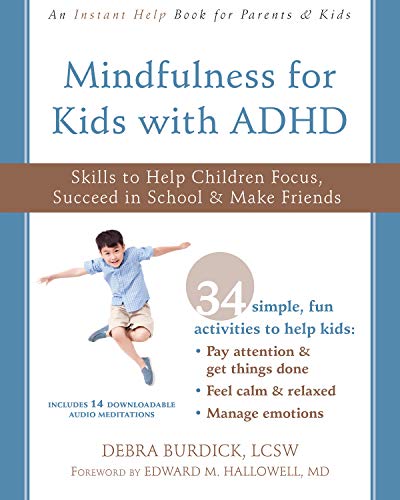

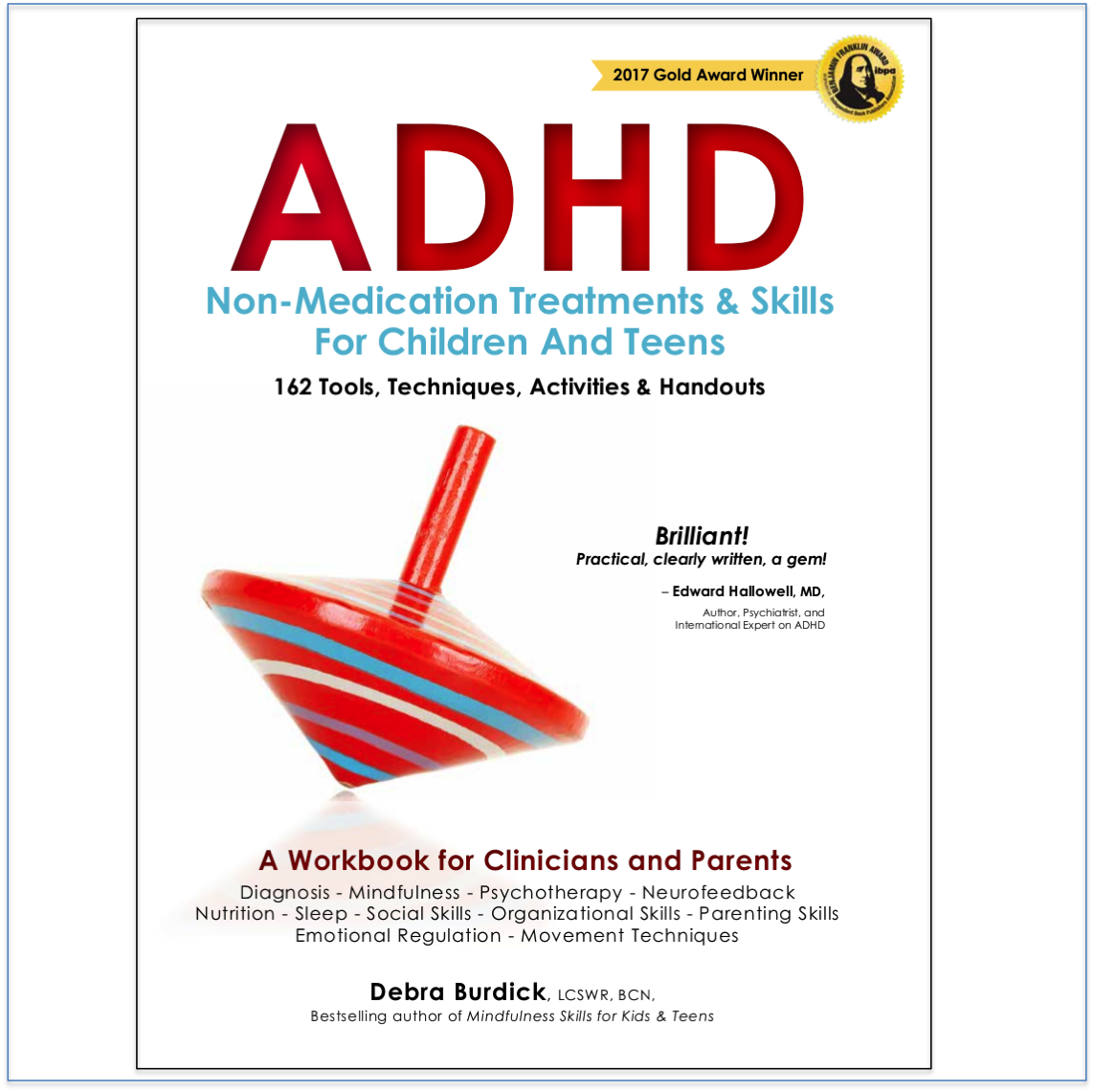
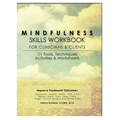
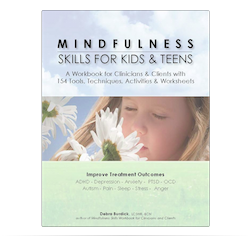
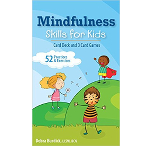
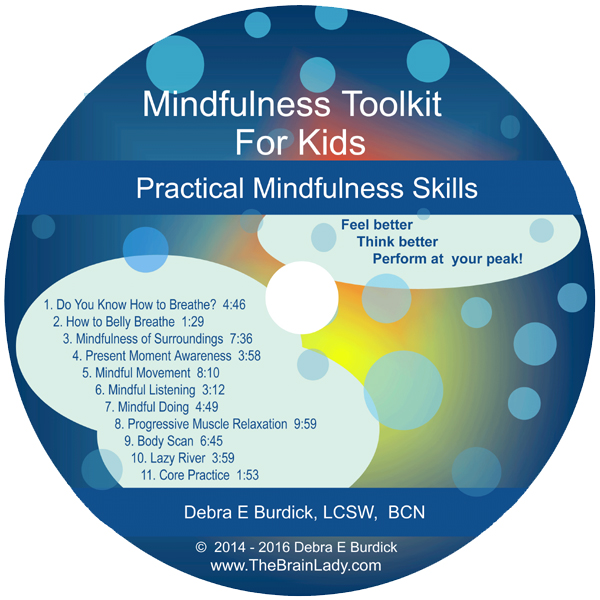
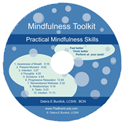
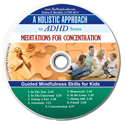


No comments yet. You should be kind and add one!
The comments are closed.